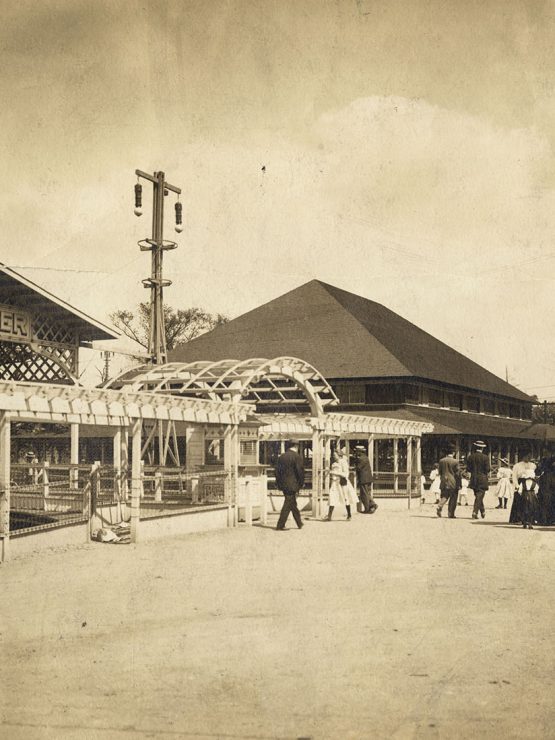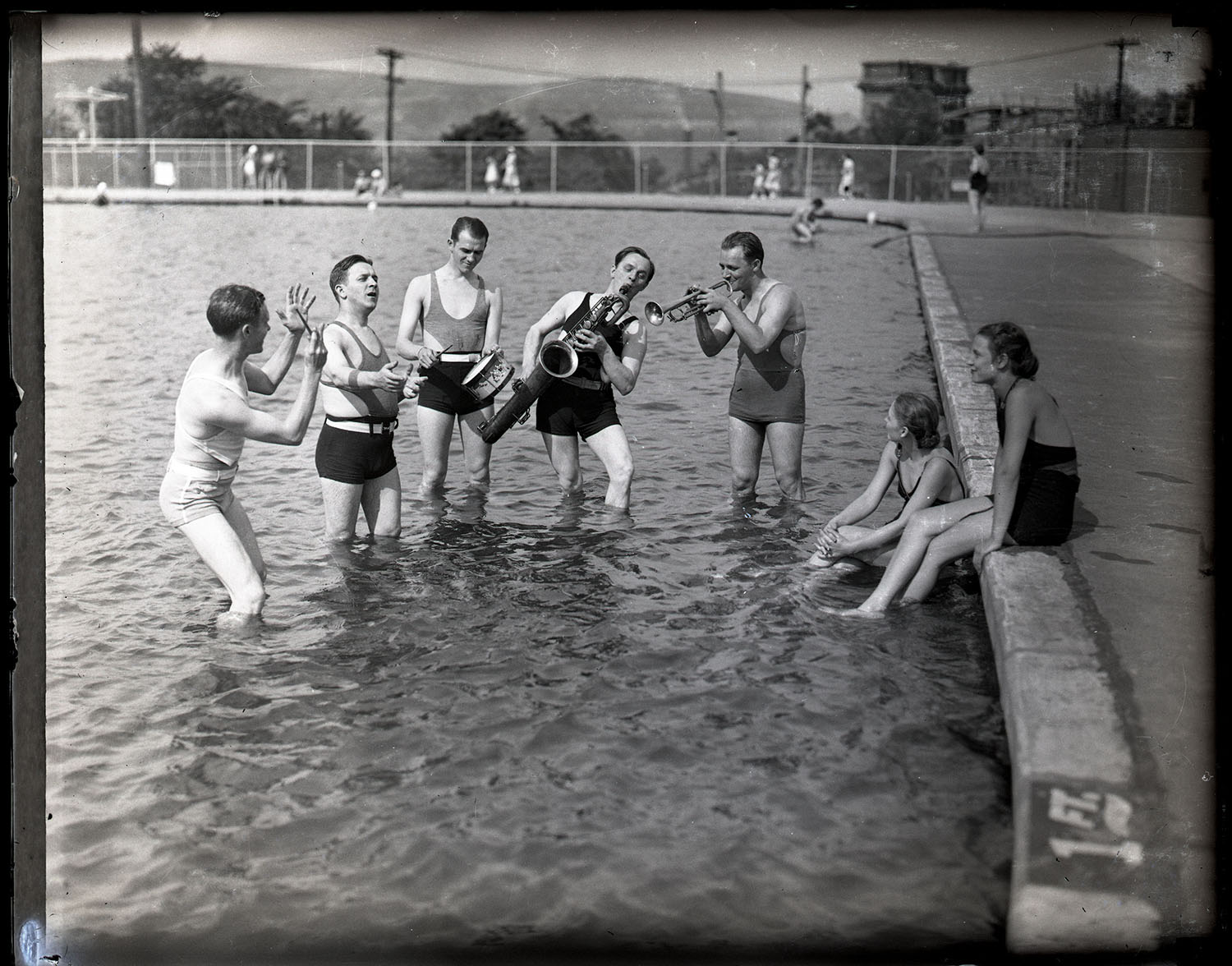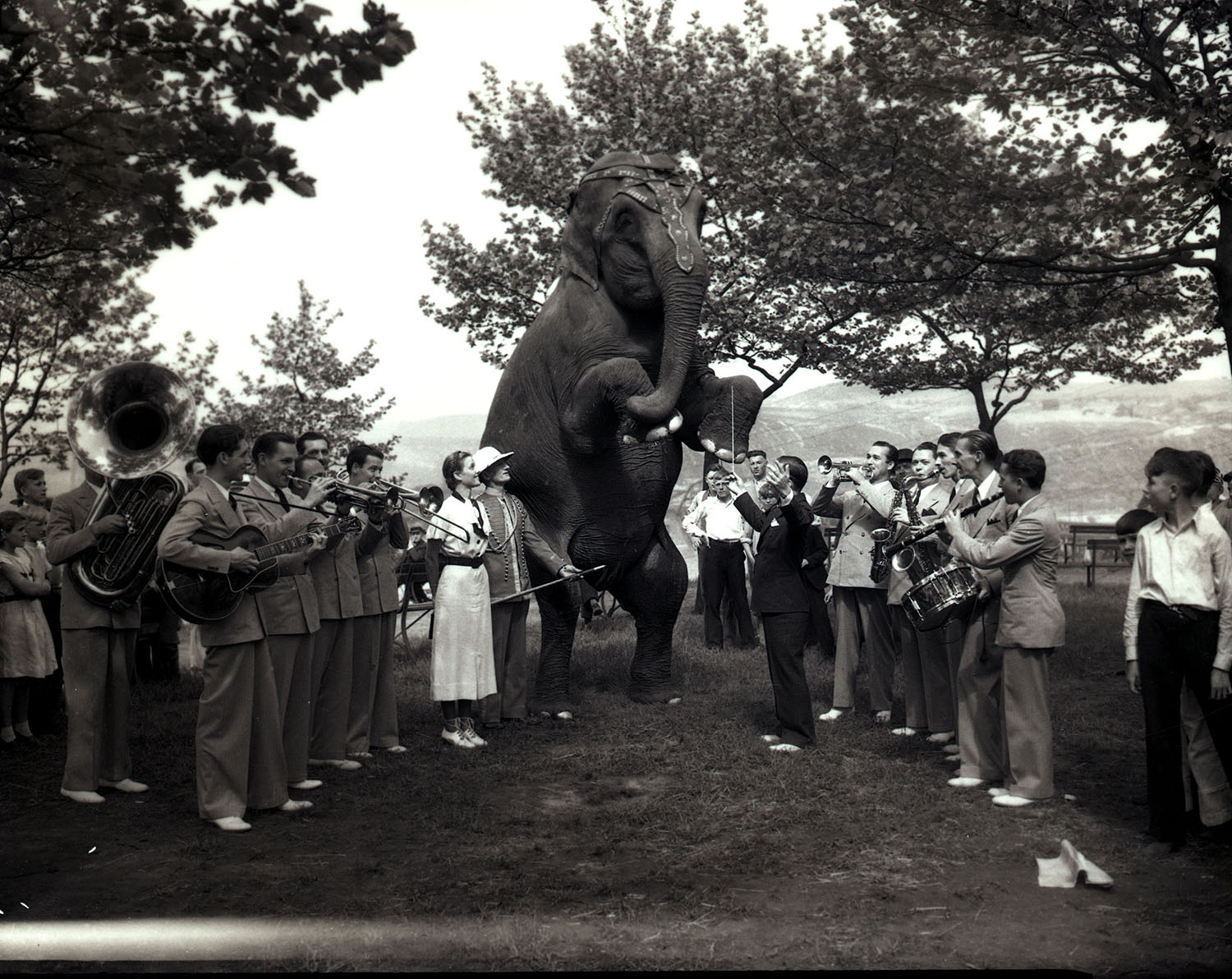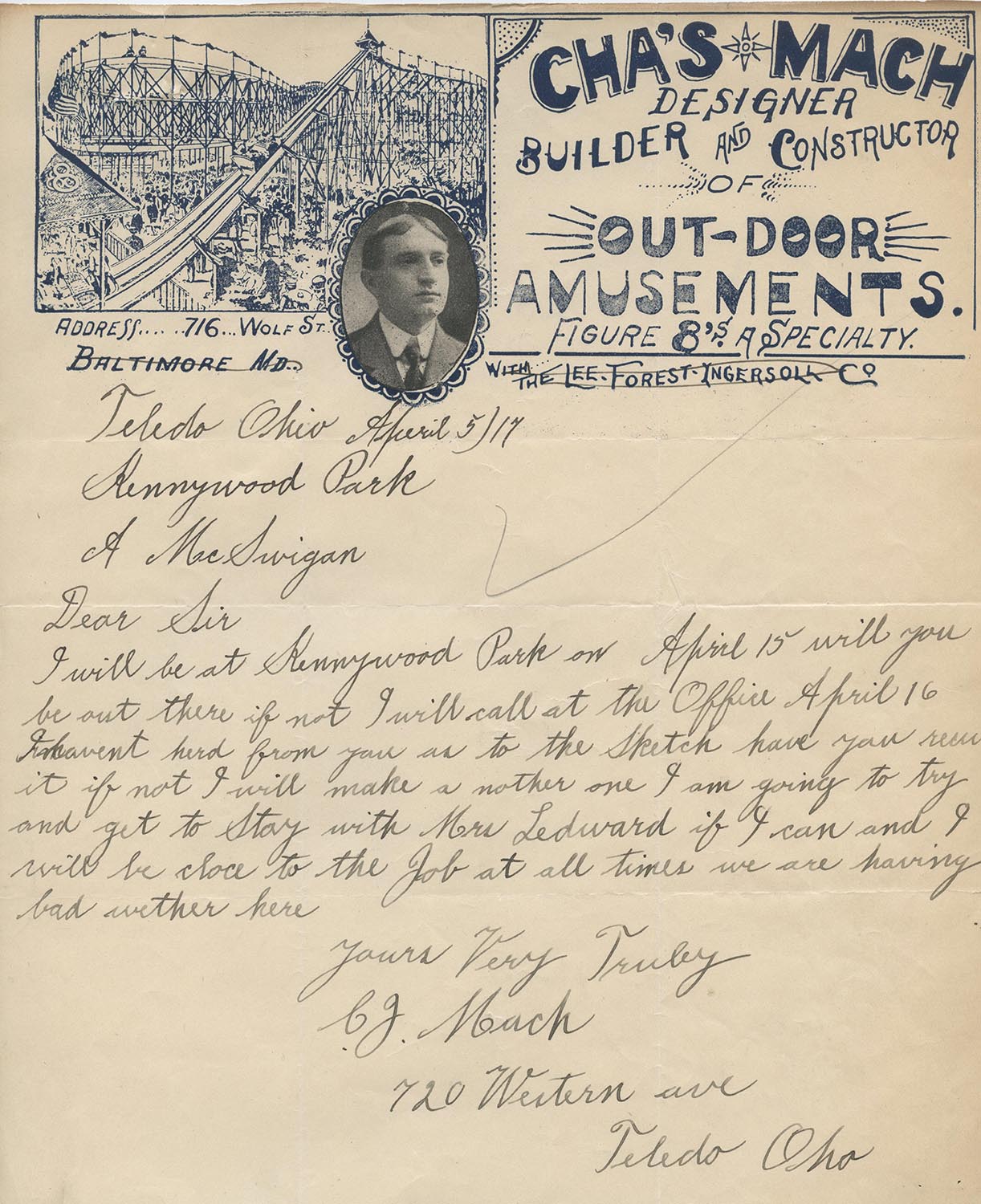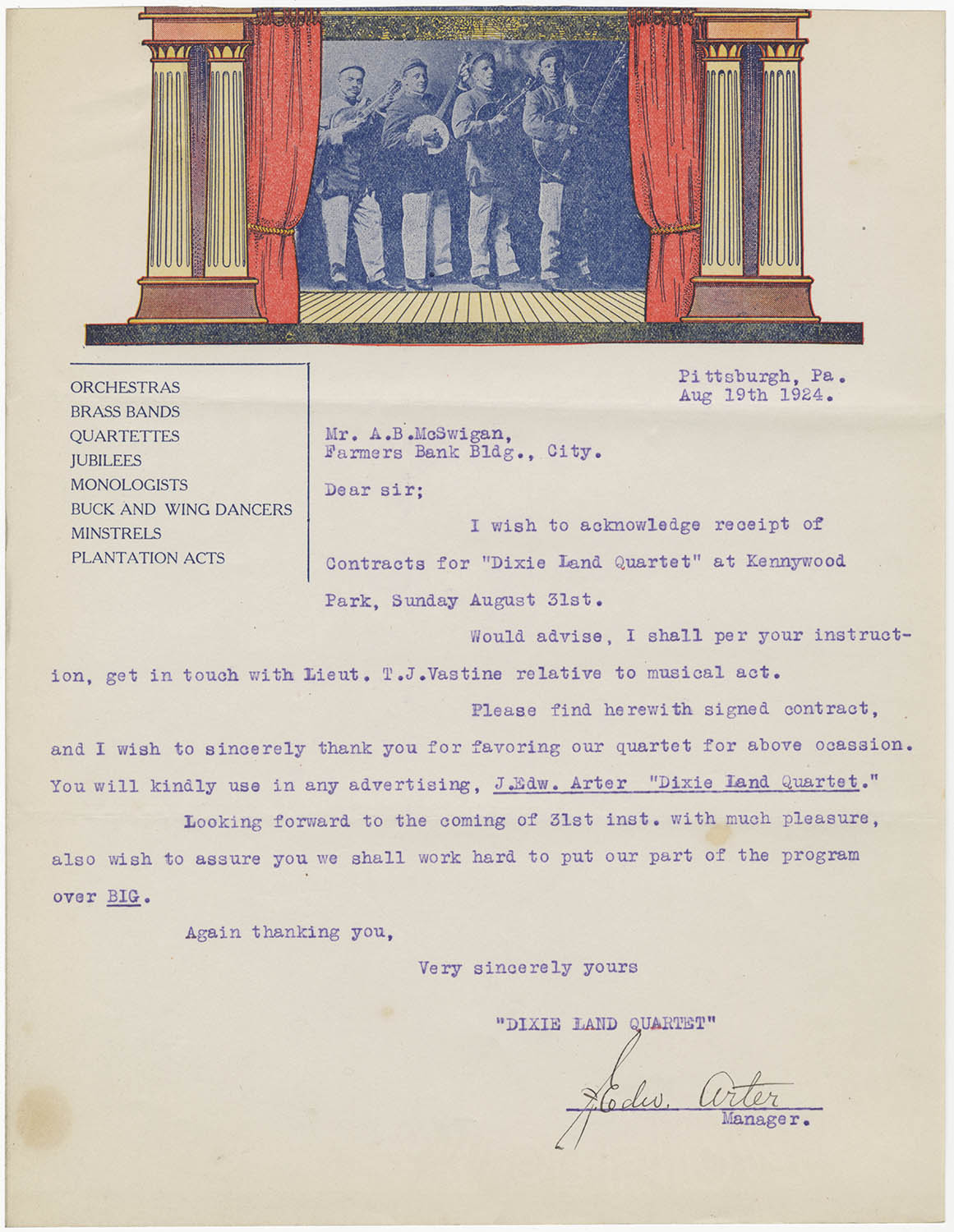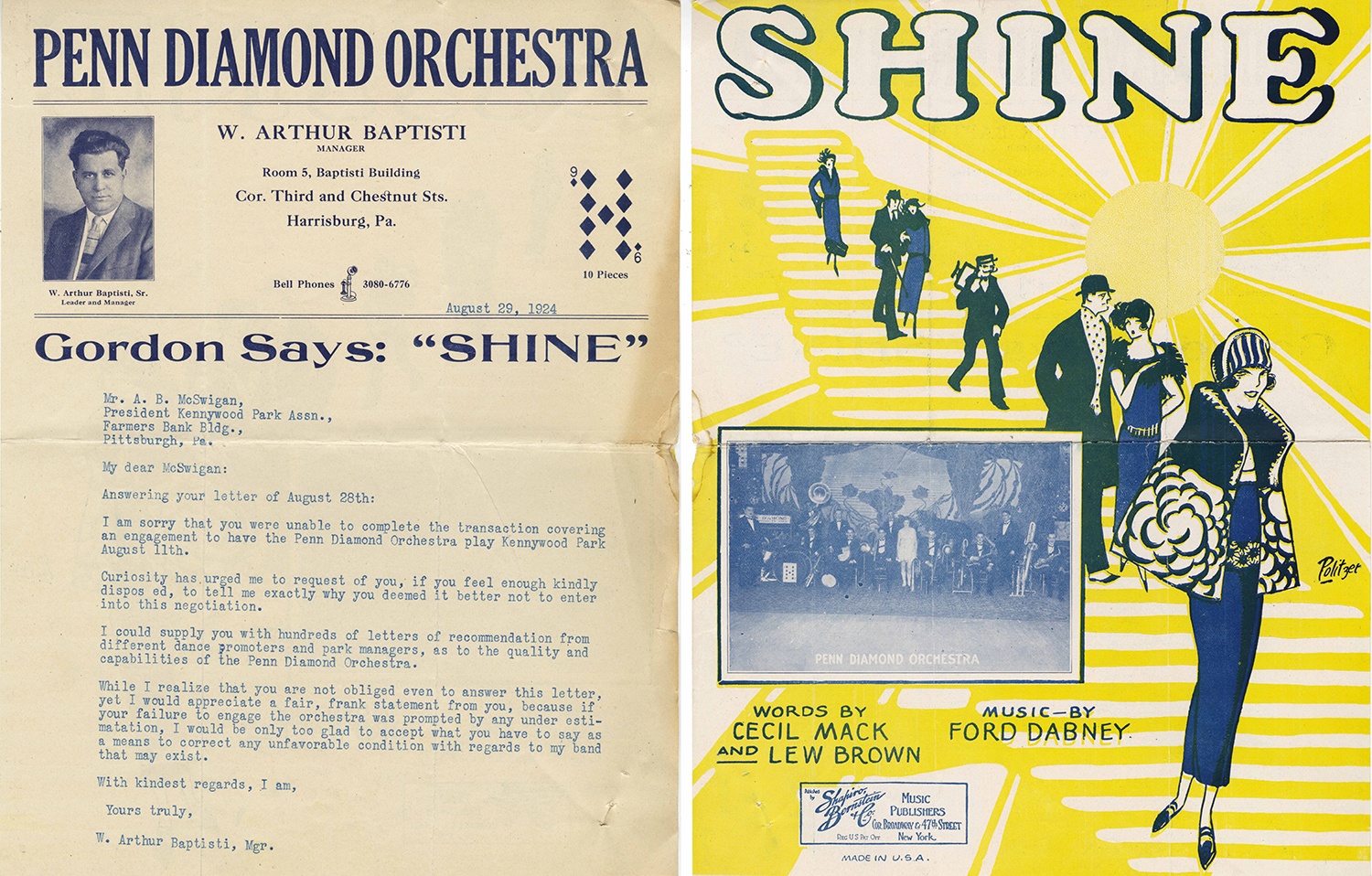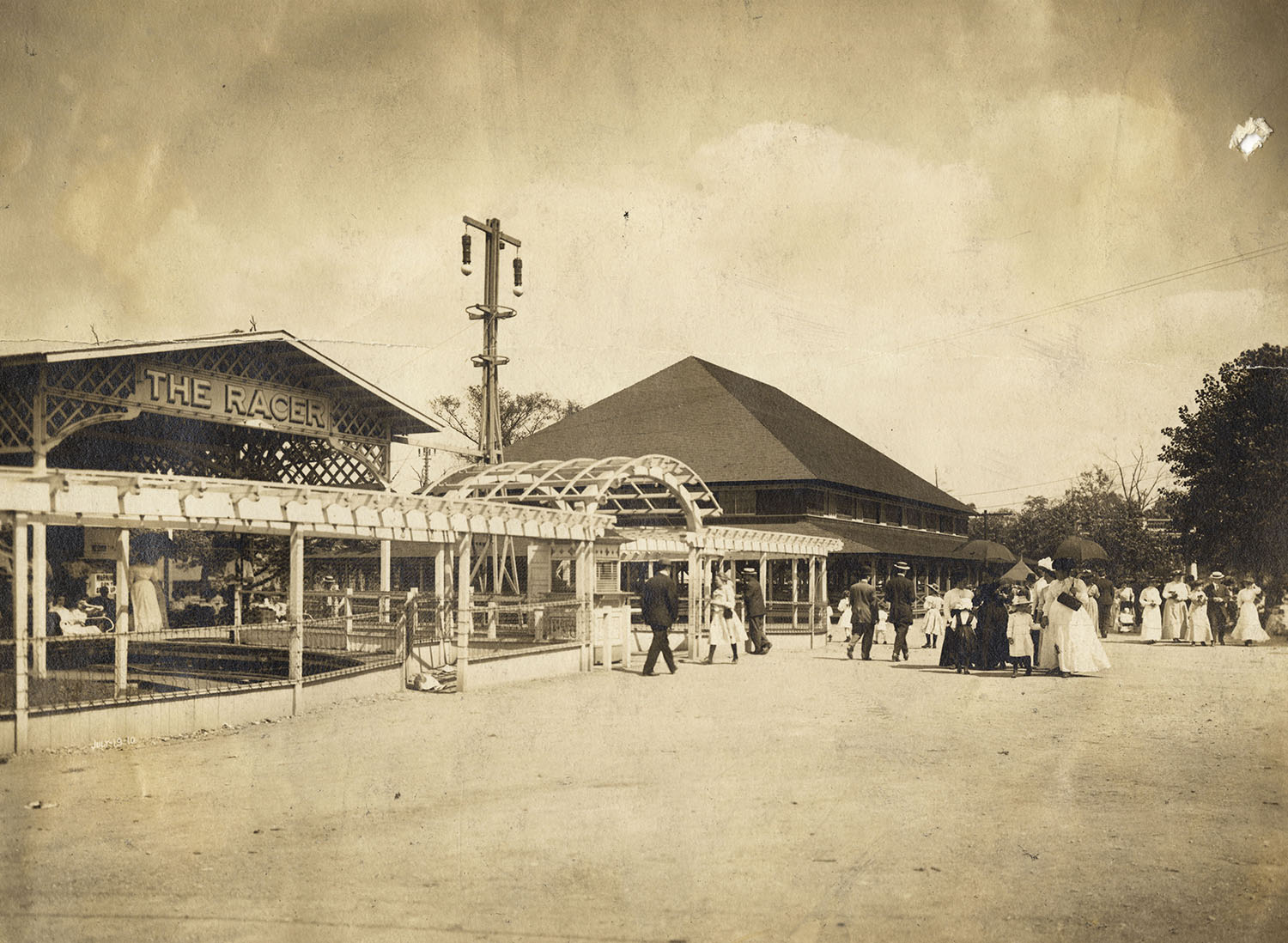
History Center Launches NEH-Funded Kennywood Grant
The Heinz History Center’s Detre Library & Archives is excited to be working on a grant from the National Endowment of Humanities for the processing and partial digitization of the archives of Pittsburgh’s iconic Kennywood Park.
One of only two amusement parks to be designated as a National Historic Landmark, Kennywood Park donated more than 140 boxes of their corporate archives to the History Center in 2016. The materials include the correspondence of park management, photographs, videos, press coverage, blueprints, daily event schedules, and promotional material that cover most of the park’s existence. The materials shed light on how park management navigated changing cultural, economic, and social conditions brought upon by two world wars, downturns in the nation’s economy, technological upheavals, changing customer taste, and competition from modern theme parks.
Internal records of an amusement park, like the Kennywood Park Records, have the potential to reveal the strategies, planning, and decision-making of the individuals behind one of the most powerful and under-researched cultural influencers of the 20th century. We believe the Kennywood Park Records are the largest collection of internal archives from an amusement park in the country.
The initial work of the grant has involved processing administrative correspondence from the 1920s and 1930s. Archival processing – the arrangement, description, and housing of records – is essential to their preservation and use. Since the collection spans more than a century, some of the materials used to create and store the records are in various stages of deterioration. Pins and clasps have rusted, and some papers are acidic and brittle. However, items from more recent years are in better condition. At the same time, we have been summarizing content and arranging records according to subject, original organization, and other criteria. Even this small portion of the collection is dense with details about the early years of Kennywood and the broader amusement industry.
For instance, we have seen stylistic reflections of the era in stationery and promotional material from correspondents. A perfect example is 1917 correspondence between Charles Mach and Kennywood Park President Andrew McSwigan. Mach specialized in constructing rides, but his accomplishments have not been as widely recognized as those of the engineers who designed the attractions. He started his career under Frederick Ingersoll, creator of the Luna Park chain, and eventually made his way to Kennywood and many other parks in the Mid-Atlantic region. His letterhead (pictured below), which combines photographic and hand-drawn images, embodies the do-it-yourself vigor of the amusement industry at that time.
This era also presented musicians and artists with more performance opportunities and broader audiences. The collection contains incoming correspondence and promotional material from a wide variety of acts looking to perform at the park. The quality of the paper, the printing process, and number of colors used varies from act to act and can clue us in to who had more financial resources, public support, and notoriety.
In the coming year, we will continue to rehouse and describe the materials, begin the digitization process, and start developing educational resources. When complete, we’ll post a finding aid (a guide to the archival collection) to Historic Pittsburgh, which will link to the digitized content. Stay tuned for future updates!
Claire Moclock is a project archivist and Matt Strauss is the chief archivist with the Detre Library & Archives at the History Center.


